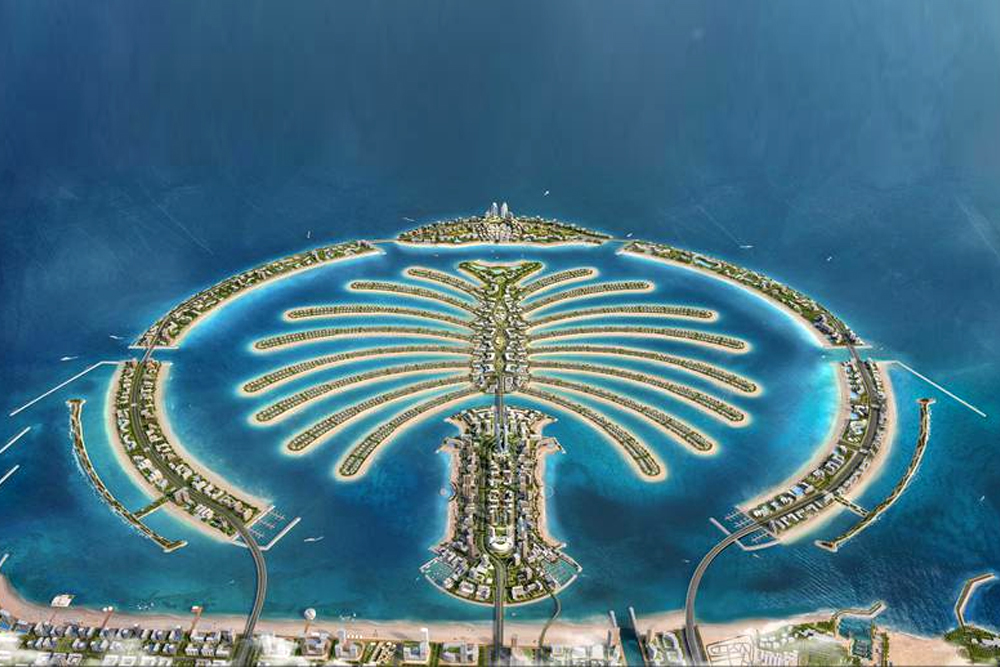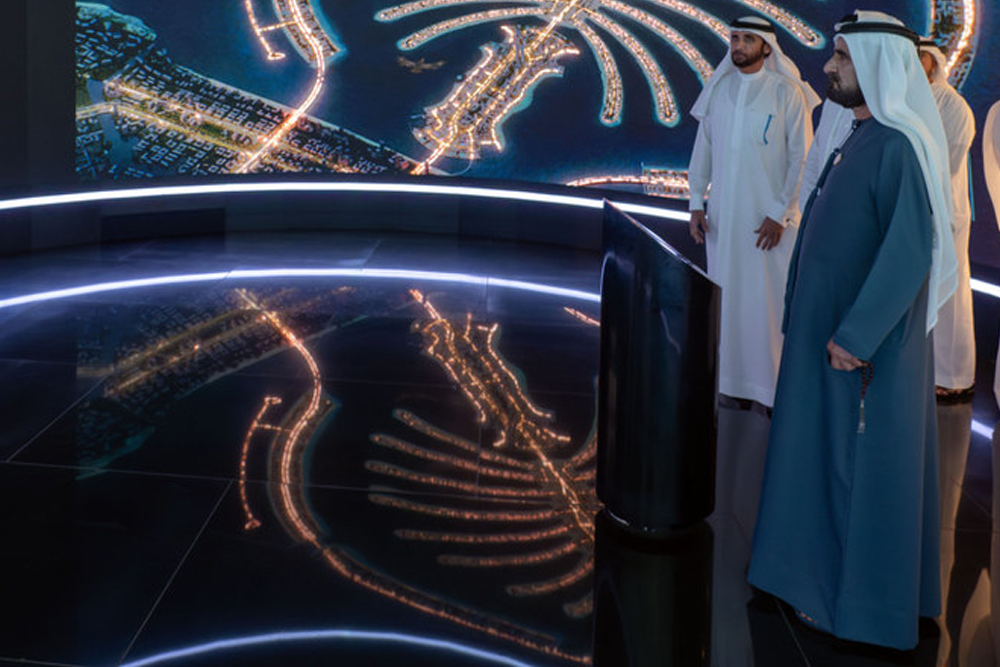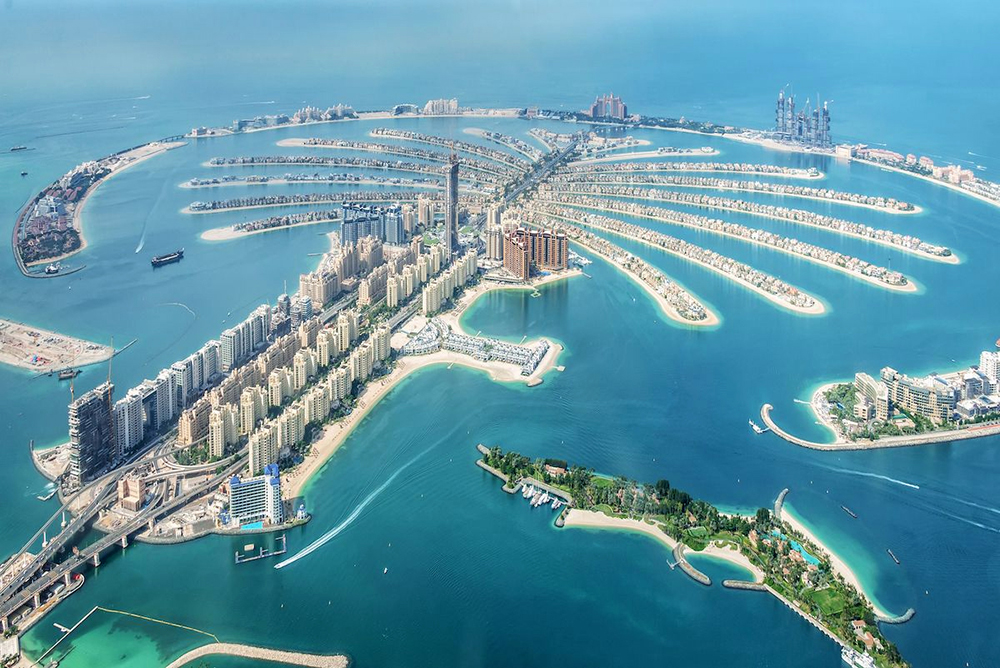
Sheikh Mohammed bin Rashid, the Vice President and Prime Minister of the United Arab Emirates and Ruler of Dubai, has given his approval to a groundbreaking development masterplan for Palm Jebel Ali, as reported by the state news agency WAM. As part of the Dubai 2040 Urban Master Plan, the project is being undertaken by Nakheel, a Dubai-based real estate developer. Sheikh Mohammed emphasized Dubai's commitment to innovation and the creation of exceptional lifestyle destinations, further solidifying its position as the world's best city for living, working, and tourism.

Palm Jebel Ali aims to set a new global standard for waterfront living, offering luxurious amenities for residents, families, and visitors, in line with the objectives of the Dubai Economic Agenda D33, which aims to solidify Dubai's status as a top global city for business and tourism. Additionally, the project marks the opening of a development zone in the Jebel Ali region, emphasizing the Emirate's progress.

Palm Jebel Ali, which is twice as big as Palm Jumeirah at 13.4 sq km, will have a lot of open space and distinctive waterfront attractions. As a result of the project, Dubai will gain an additional 110 kilometers of coastline and 35,000 families will be able to live in opulent beachfront homes. As part of the development, more than 80 hotels and resorts will be built, along with a wide variety of entertainment and recreational amenities. This will boost Dubai's tourist industry and make the islands a desirable place to live inside the city.

Initiated by Sheikh Mohammed bin Rashid Al-Maktoum's vision, Mohammed Ibrahim Al-Shaibani expressed his honor at starting this momentous journey with the new blueprint for Palm Jebel Ali. He highlighted the project's magnitude and scale, emphasizing that it will be a significant milestone in the city's ongoing growth.

Aligned with the Dubai 2040 Urban Master Plan, Palm Jebel Ali aims to support Dubai's vision of delivering high-quality urban infrastructure and facilities, expand beach destinations, encourage sustainable development, and accommodating the projected population growth of approximately 5.8 million by 2040. With mixed-use walkable neighborhoods, smart city technology, sustainability practices, and a range of mobility alternatives for locals, tourists, and communities, the island will serve as a paradigm for modern urban planning techniques.

Sustainability is a key focus in the design of Palm Jebel Ali. The designs call for incorporating renewable energy sources into its infrastructure, with the goal of achieving near-total self-sufficiency in electricity generation when construction is finished. The project will use energy from renewable sources for around 30% of its needs.
















